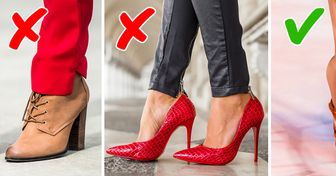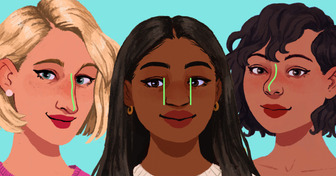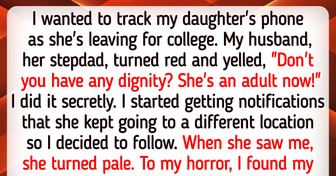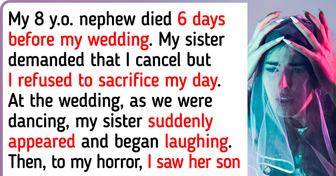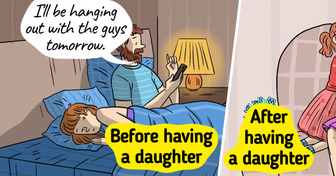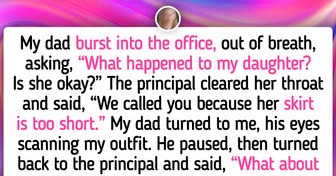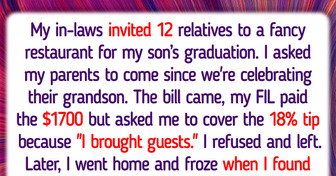16 People Who Blossomed Into Beautiful Swans After Their Teenage Years Had Passed
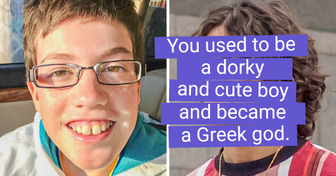
Thanks to social networks, many people consider it normal to record family members without their consent and upload it to social media because they think it is “funny.” Some parents even create profiles for their underage children, so that they too can be part of this movement and “amuse” other Internet users with their witticisms. But we wonder if we are really aware of the damage we may be causing to our children.
In this digital age, where social networks have transformed the way we share our lives and connect with others, an issue of utmost importance arises: the protection of children’s privacy. In a world where images are shared in seconds and spread quickly, it is essential to reflect on the risks of showing children’s faces on the internet and the need to look after their safety and well-being.
Mark Zuckerberg, the CEO of Meta, shared a photo on Instagram with his family that drew attention to one aspect in particular: his children’s faces were hidden by emojis.
This post generated criticism toward Zuckerberg, as some interpreted his decision to hide the faces as a show of privacy concern, despite being the creator of massive platforms that allow other parents to do exactly that.
Meta, the main company behind Instagram, has come under scrutiny due to the way it manages user privacy and the potential risk posed by its algorithms, particularly for younger users.
However, this trend of being more cautious about sharing identifiable photos of children on social networks is not exclusive to celebrities like Zuckerberg. Even ordinary users are adopting similar approaches to protect their children’s privacy.
Some parents restrict what they share about their children or limit it to less public platforms, while others hide their children’s faces by using emojis.
Experts claim that this precaution reflects the responsibility of users to protect themselves on the Internet and take care of their children’s privacy and security. Sharing photos of children online carries risks such as identity theft, facial recognition technology, and the creation of a digital history that could affect their adult life.
Attorney Leah Plunkett, whose work focuses on the privacy rights of children and families, argues that children should be kept out of photos and videos to protect their privacy, safety, future, and ability to build their own story about themselves and for themselves.
While some celebrities choose to hide their children’s faces on social networks, there is debate about the role of these platforms in providing automatic settings to blur children’s faces or prevent the use of photos for marketing purposes.
Protecting children’s privacy on the Internet depends on parents and other responsible adults, such as grandparents, coaches, teachers, and other trusted adults who must keep children out of photos and videos to safeguard their privacy, safety, and future opportunities.
Showing children’s faces on social media can have unintended and potentially harmful consequences. Excessive exposure can put their physical and emotional safety at risk, as the images can be used inappropriately or maliciously. In addition, by posting photos of children, parents are creating a permanent digital archive that may affect their privacy in the future.

